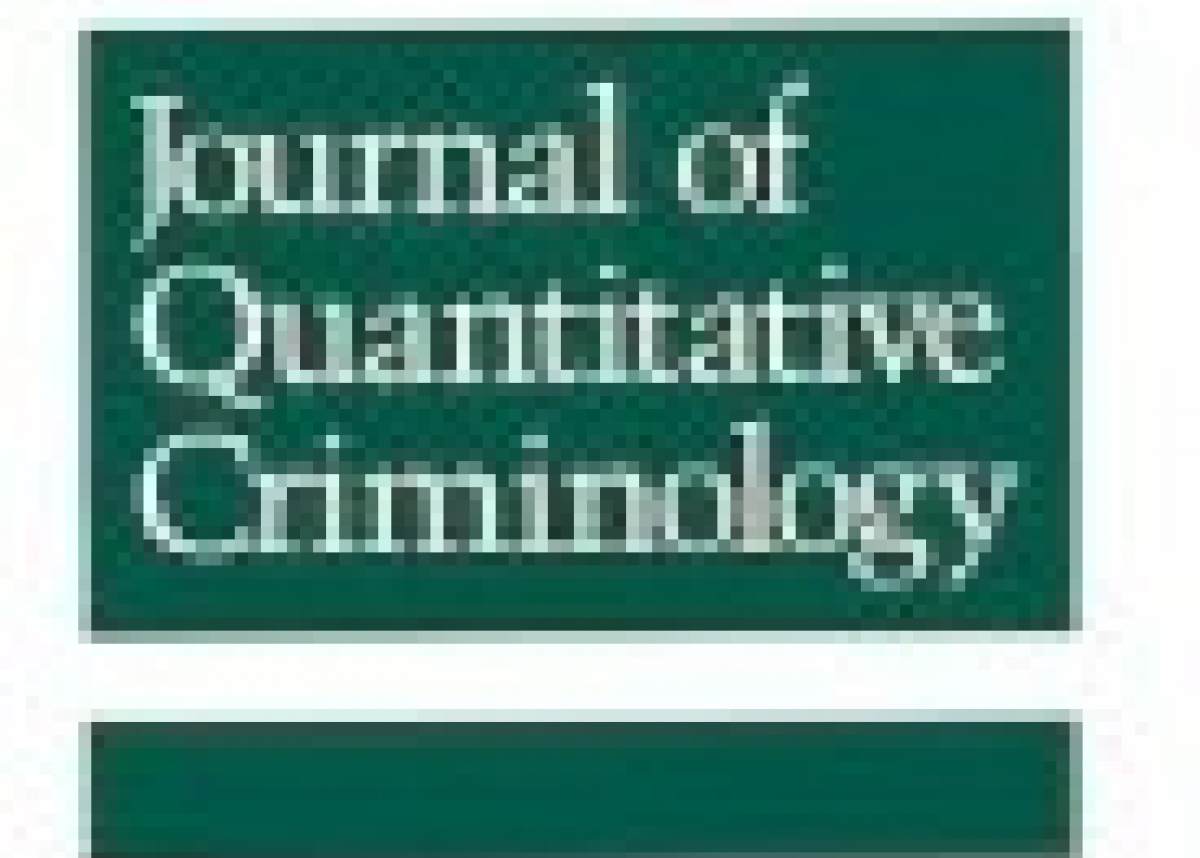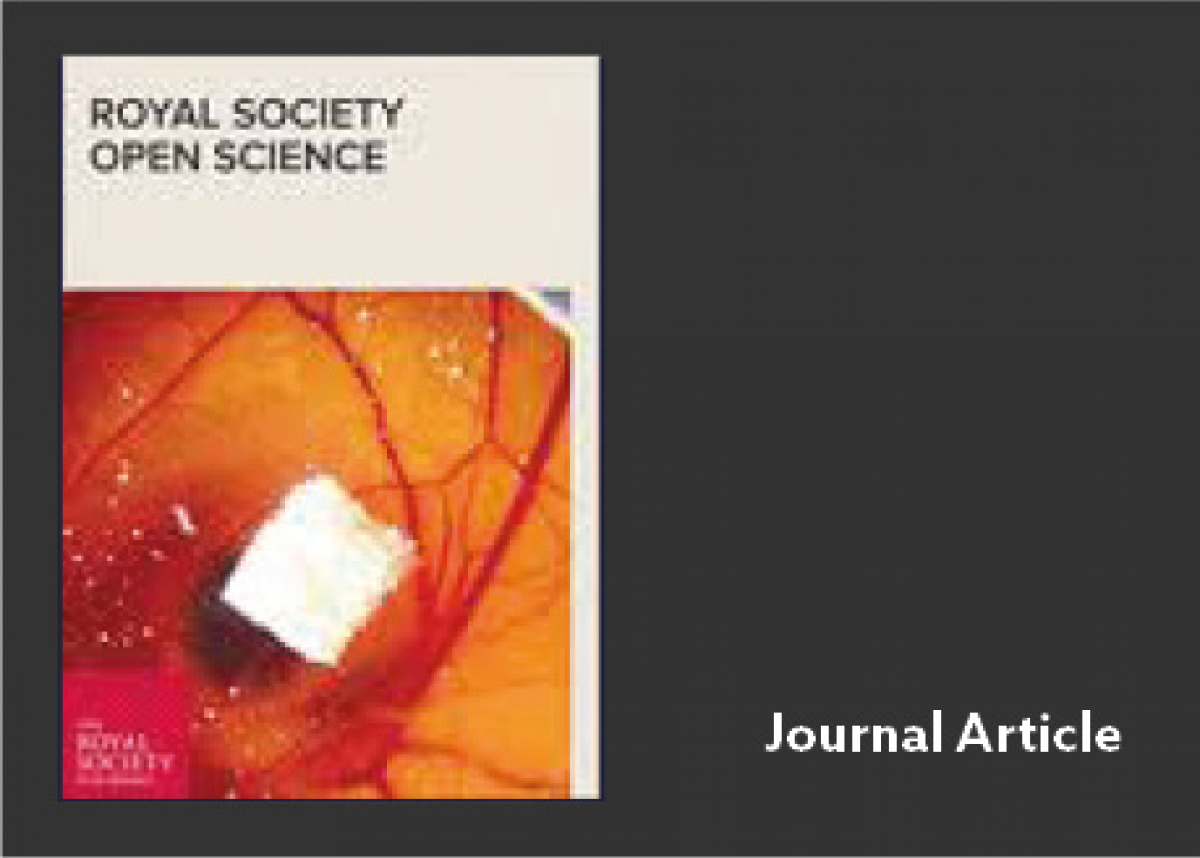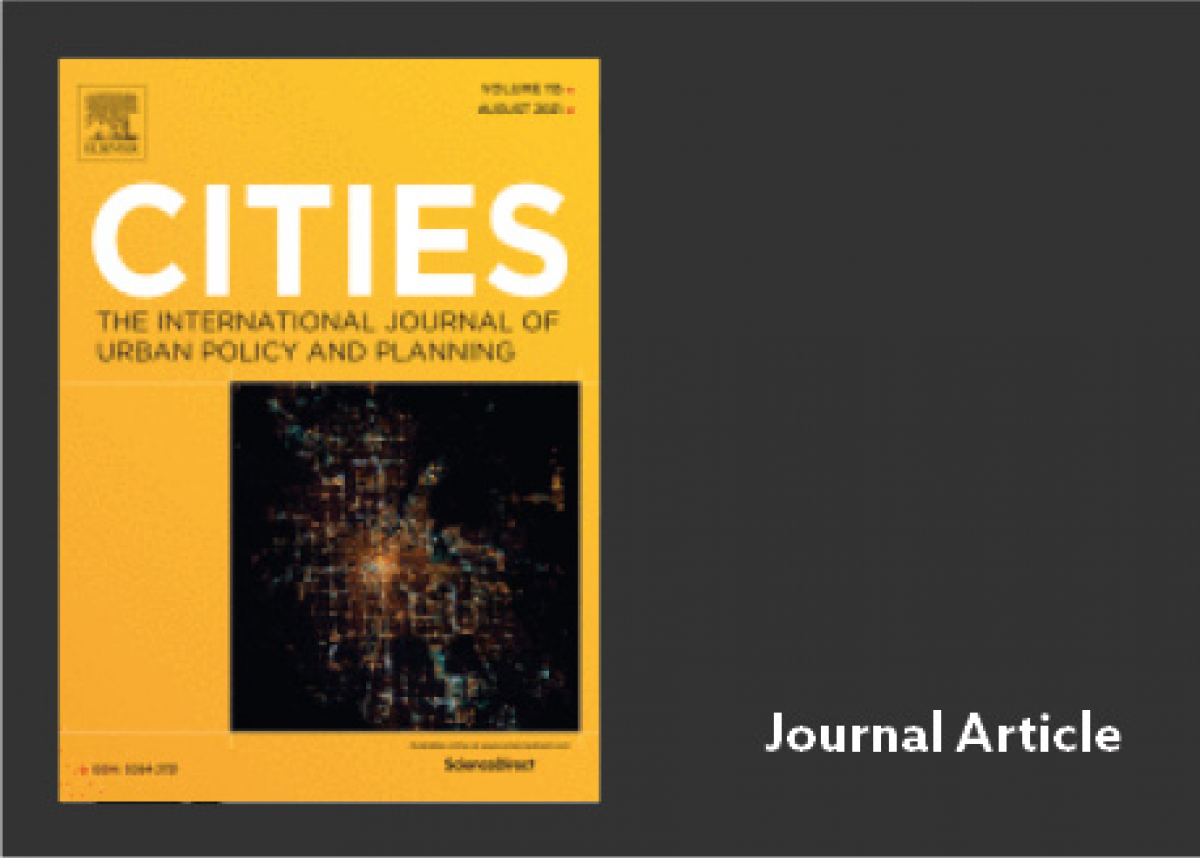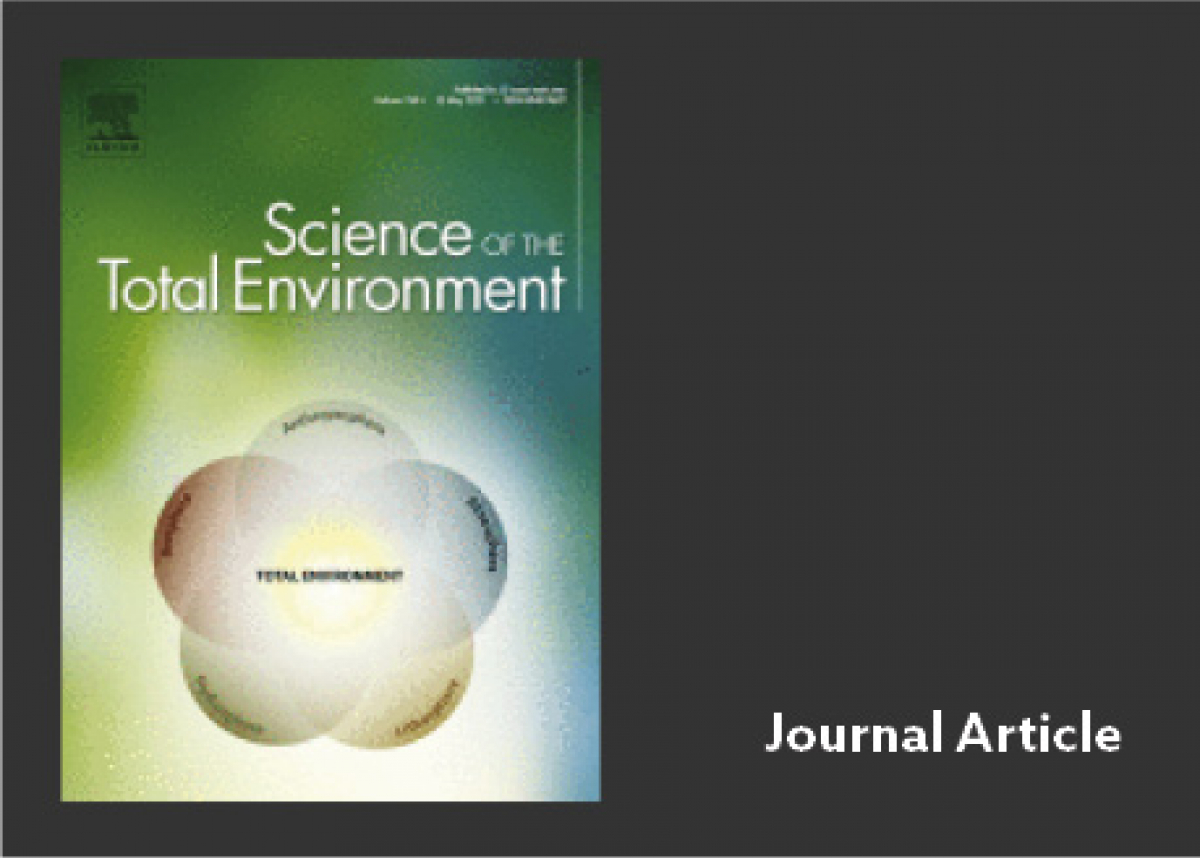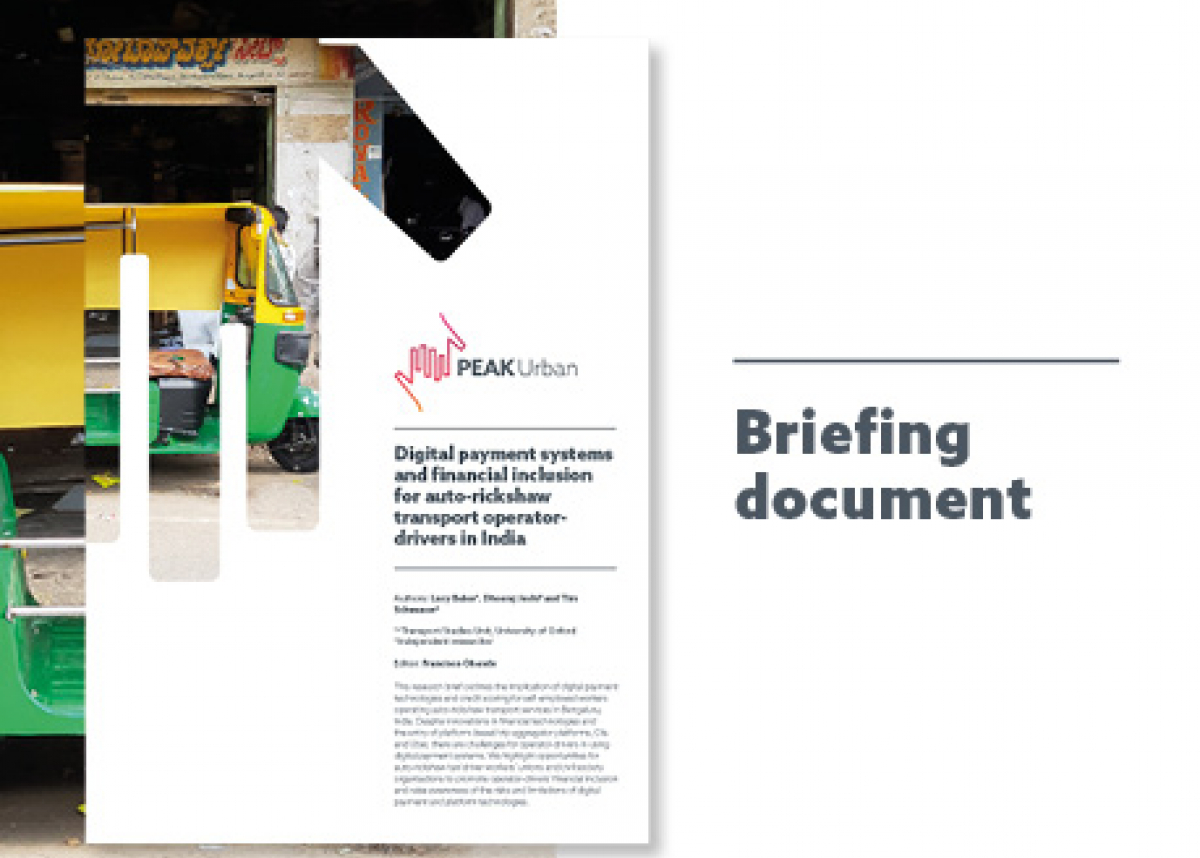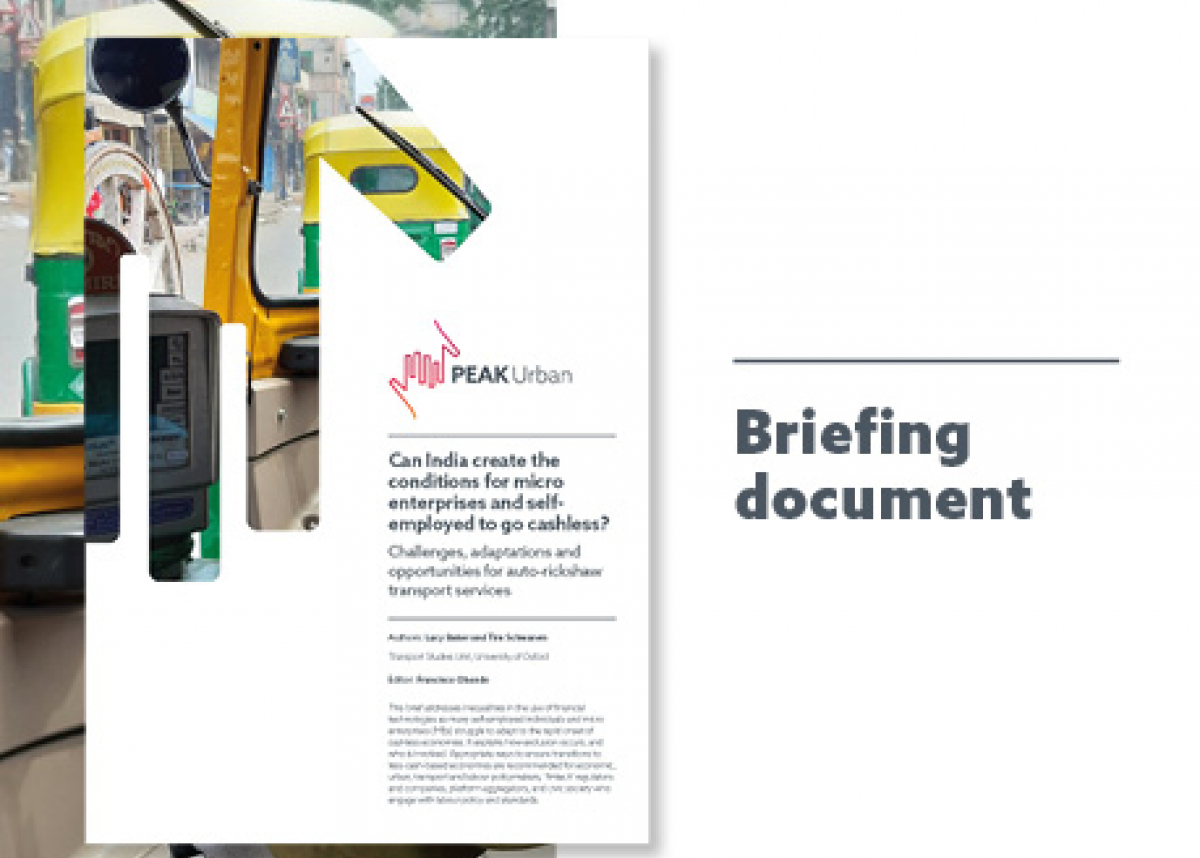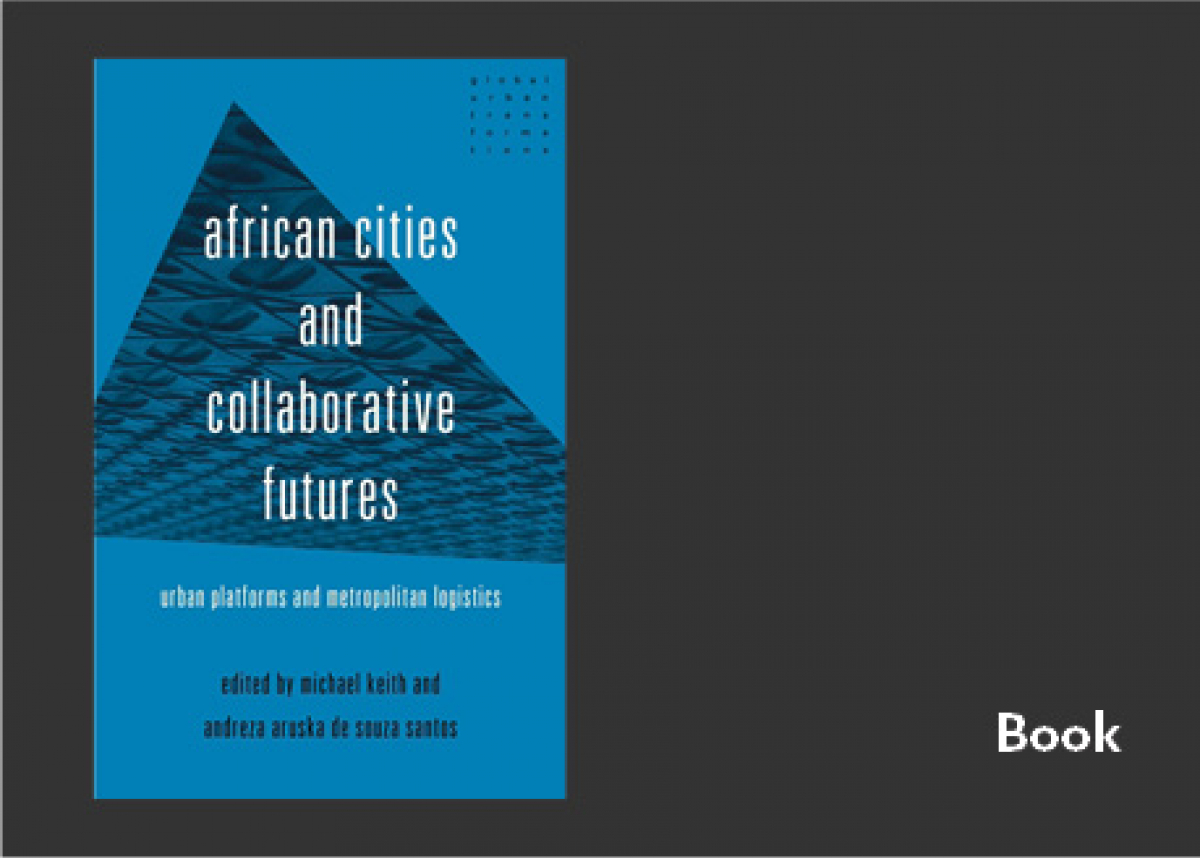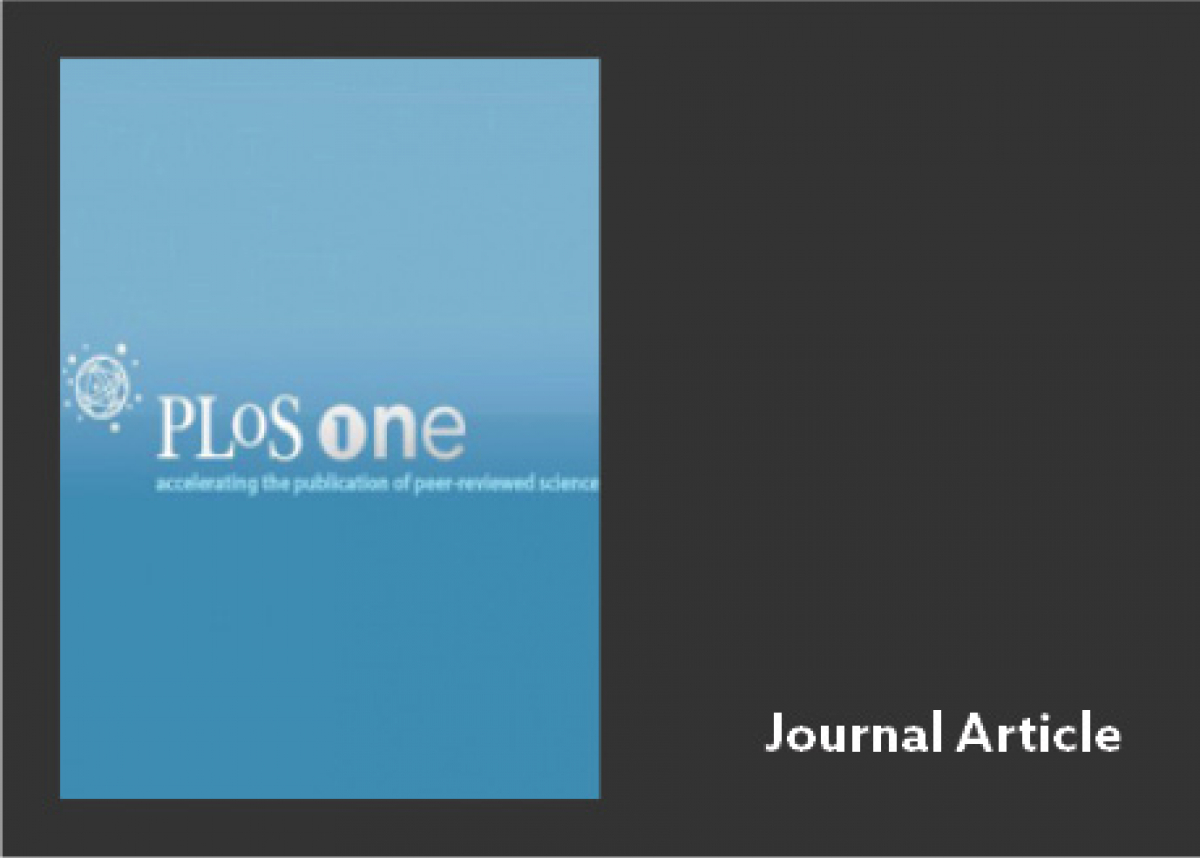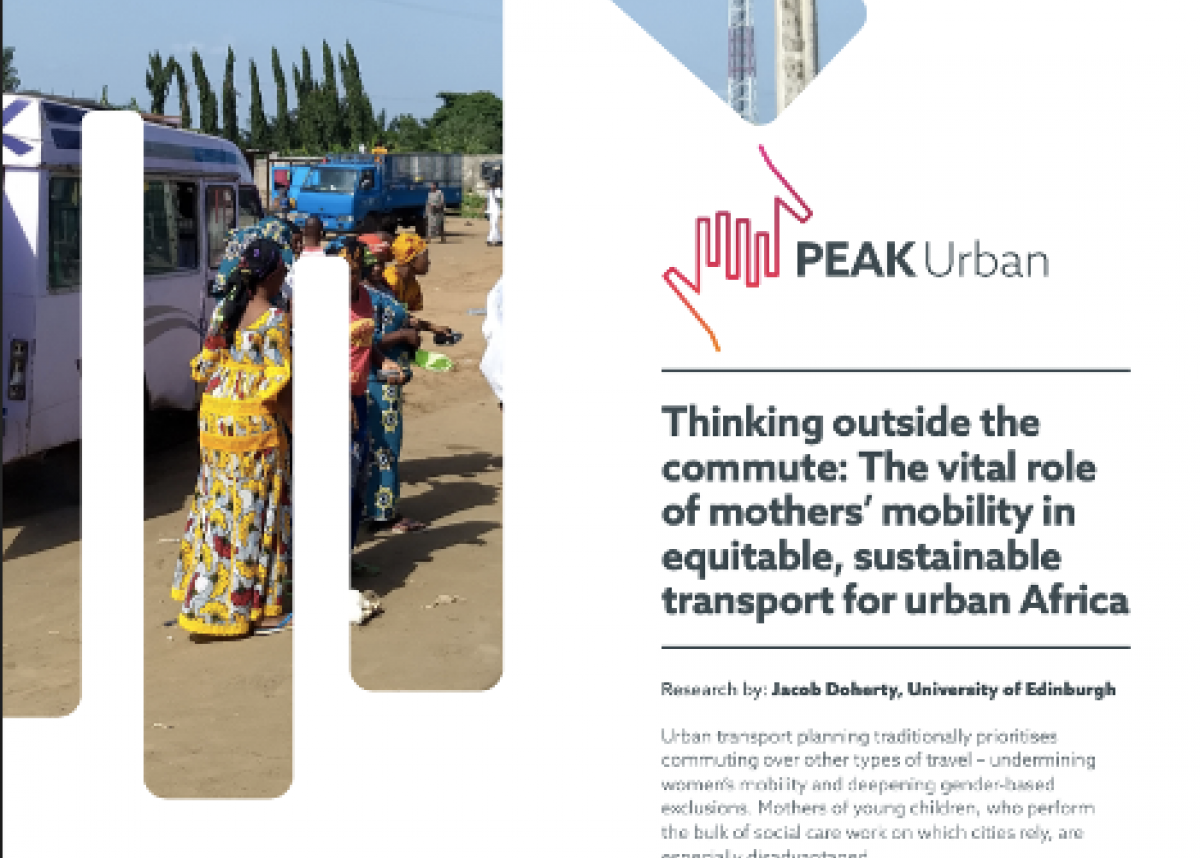
Towards decolonial human subjects in research on transport
This article analyses how human subjects are imagined and conceived in research on transport in the analytical and quantitative traditions in geography and beyond, and outlines several alternative practices of subject formation.
It draws on the writings of Sylvia Wynter to argue that, despite long-standing engagement with thinking from the behavioural sciences to diversify economics and engineering oriented understandings of the human subject, analytical/quantitative research on transport remains caught within western-liberal and ‘monohumanist’ conceptualisations of humanness.
These understandings can be dislodged if research concentrates on the transport-related practices and experiences of people who are both inside and outside valorised subject categories and harnesses stories of how people constitute themselves, others and their worlds in and through daily movements.
Existing mobilities scholarship, research on brain activity in human-environment interactions, geo-narrative methods, and avoiding binary oppositions such as formal/informal transport can all contribute to alternative practices of subject formation in analytical and quantitative transport geography research.
